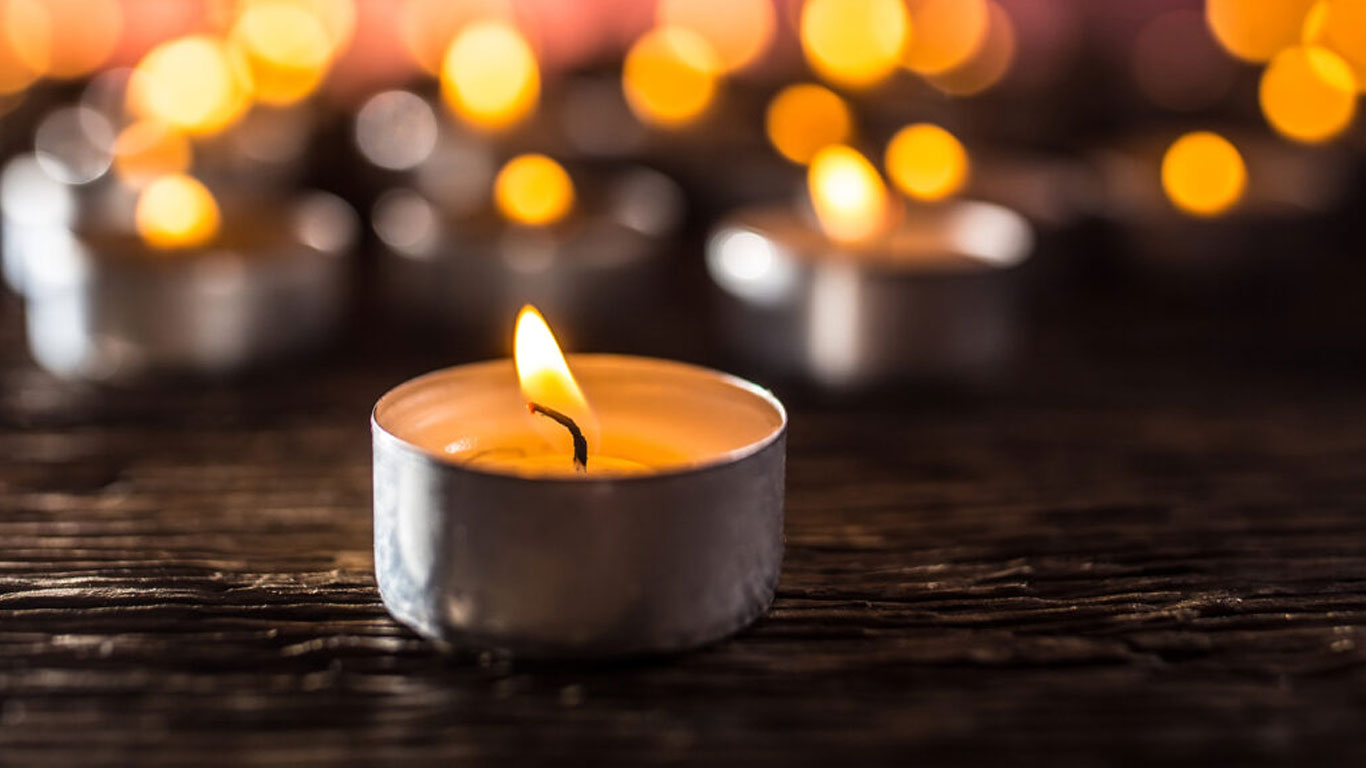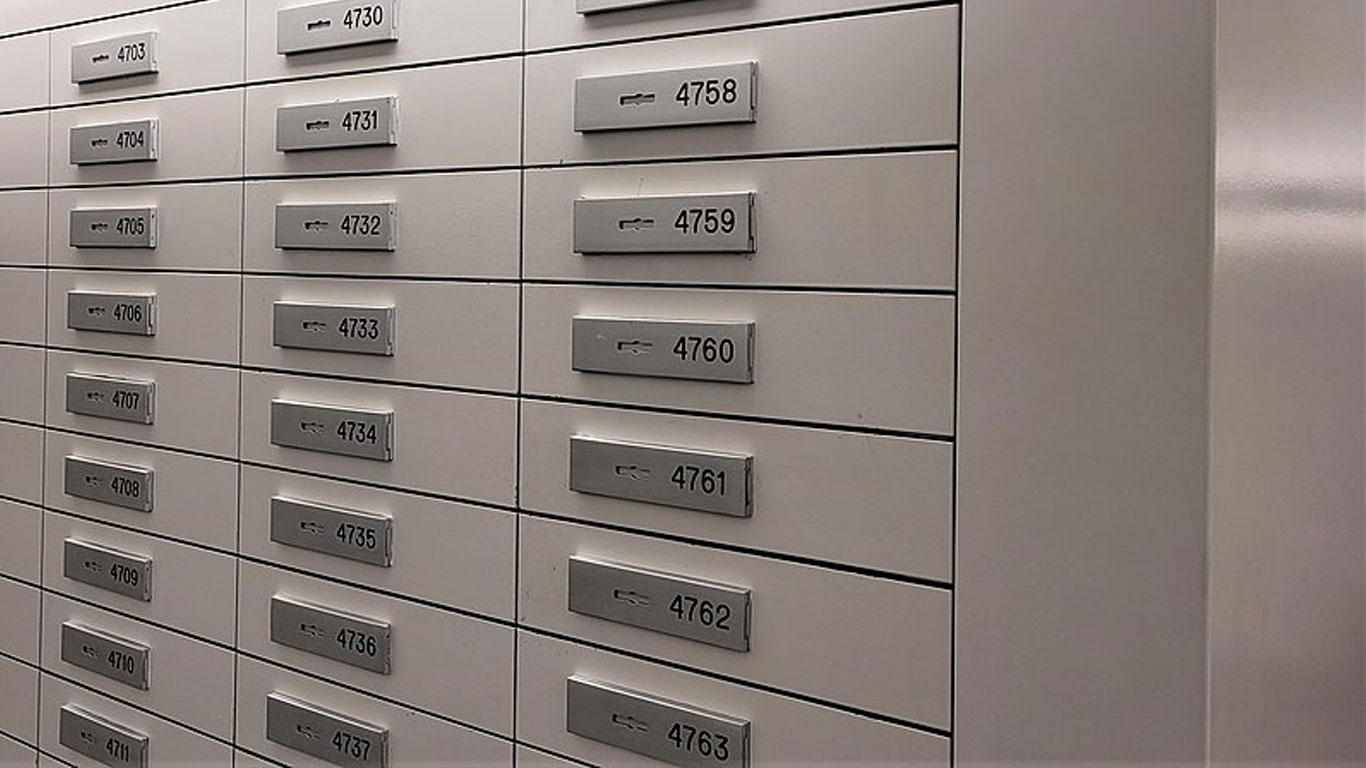Before the Civil War, most funerals were at home. Families and communities came together to clean and prepare the body for viewing. Funerals would last for a few days and they were unhurried, so that everyone had time to visit. Death was part of life and nothing to be afraid of; the beginning of life was celebrated and so was the end of life.
Embalming became popular during the Civil War, when families wanted their soldiers to come home for burial. After that, there was a shift away from home funerals. We outsourced caring for our dead to professionals, to funeral homes and medical personnel, and we lost our connection to the end of life.
Baby boomers are forcing yet another shift as they move away from traditional funerals, and traditional death practices. Instead, they are returning to a celebration of the end of life and more environmentally conscious burial practices. In fact, the National Home Funeral Alliance was created in response to a growing interest in taking control of our end of life practices. The organization Crossings offers similar support.
There are some great articles about home funerals (here, here, and here).
Lisa Carlson’s excellent book “Caring for Your Own Dead,” lists requirements and restrictions by state. It also has a lot of very practical information about the entire process. The Order of the Good Death, founded by someone working actively to change the way we approach death, also has some great resources. If you are interested in a home funeral and a natural burial, you will need to know your state’s laws and requirements, so it takes a little planning, but nothing difficult.
Why consider a home funeral:
- Home funerals give you more control over what happens.
- Home funerals are less expensive than traditional funerals.
- Home funerals return us to a celebration of life cycles.
- Home funerals give us a chance to honor our loved ones by caring for their physical bodies. Perhaps more importantly, they give us a chance to truly start to understand that while the person is no longer occupying their physical shell, they live forever in our hearts and memories.





